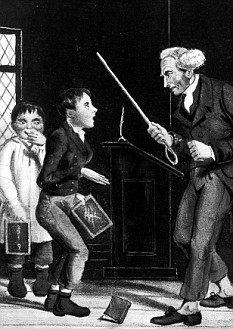
Alfred Ireson (b.1856): An Introduction
Reading a memoir may be the most intimate of all experiences in the literature world. Like fiction, the reader becomes attached to …

Reading a memoir may be the most intimate of all experiences in the literature world. Like fiction, the reader becomes attached to …

If asked, ‘Why did you choose this module?’, it always boils down to the content, and the way in which it stimulates …

“Education was not taken seriously…Child labour was encouraged” (22) The young Alf, ‘noted for mischief and exploits of many kinds’ (21) outlines …

What is it that constitutes the fun amongst the working-classes, when daily life seemed to bring much toil and graft? Were pleasures …

As a child, home and family were extremely important for Alfred Ireson. His strict religious upbringing has evidently instilled a sense of …

Considering the sheer wealth of memory that Alf writes about his times of work, it is only natural that it should be …

‘I had an intense desire to get free’ (47) ‘Alf Ireson had run away…I had gone to Cambridge by the first train’ …

Presumably, working class autobiographies that are dated during war periods would more than likely contain a bombardment of images relating to the …

Alf’s habits and activities revolved around his ceaseless religious devotion. Growing up amidst a South-Eastern countryside community, where ‘Parishes were smaller, more …

“This is no attempt to write an autobiography” (1) I might agree. Alf’s memoir ‘Reminiscences’ does indeed feel more of a personal …